SDxCentral Weekly Wrap: AT&T Launches First Mobile 5G Network
 SDxCentral Weekly Wrap for December 21, 2018: AT&T launches 5G, GE spins off Digital and IoT division, and AWS fires back at Oracle claims.
SDxCentral Weekly Wrap for December 21, 2018: AT&T launches 5G, GE spins off Digital and IoT division, and AWS fires back at Oracle claims.
 SDxCentral Weekly Wrap for December 21, 2018: AT&T launches 5G, GE spins off Digital and IoT division, and AWS fires back at Oracle claims.
SDxCentral Weekly Wrap for December 21, 2018: AT&T launches 5G, GE spins off Digital and IoT division, and AWS fires back at Oracle claims.
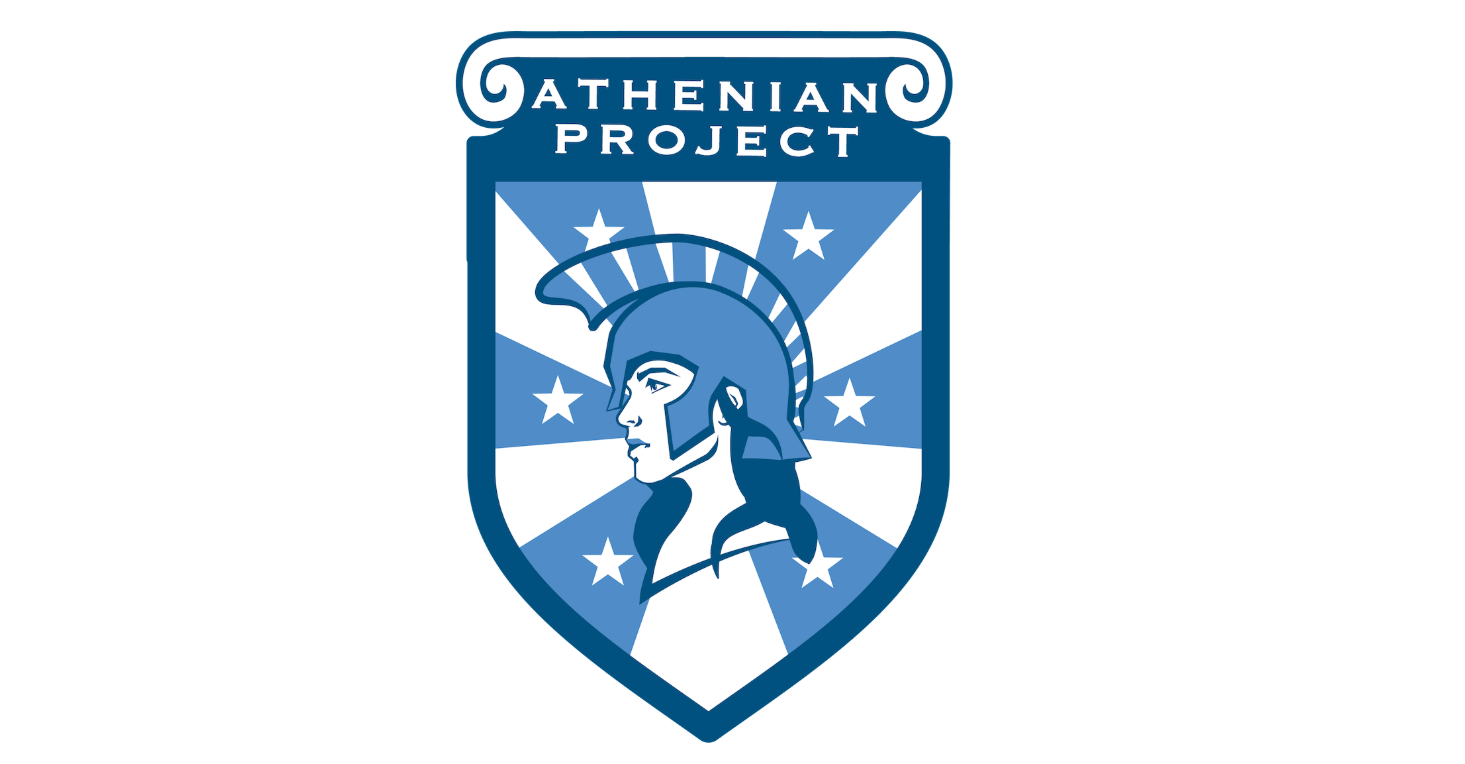
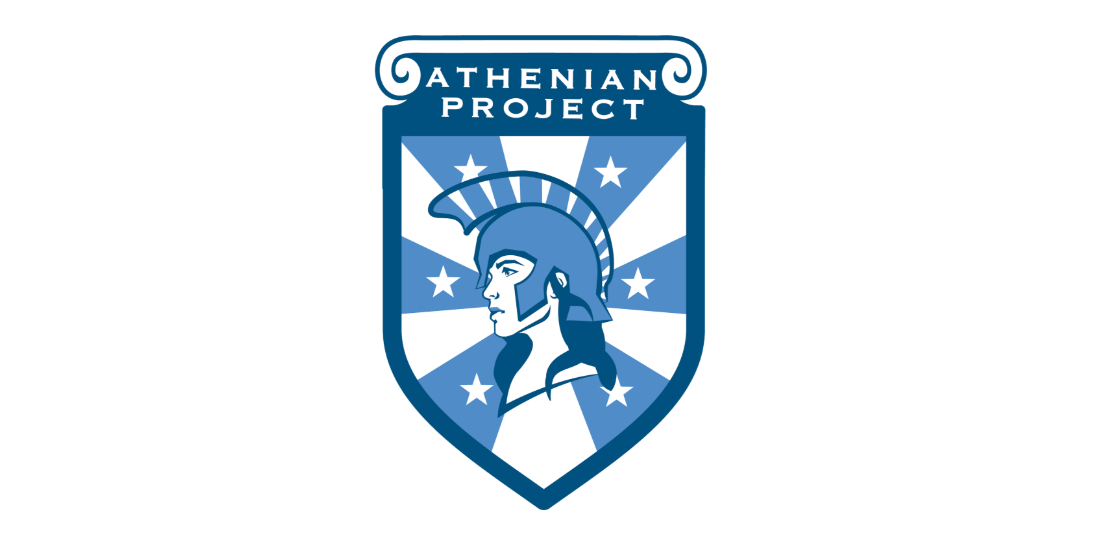
One year ago, Cloudflare launched the Athenian Project to provide free Enterprise-level service to election and voter registration websites run by state and local governments in the United States. Through this project, we have helped over 100 entities in 24 states protect their websites from denial of service attacks, SQL injection, and other malicious efforts aimed at undermining the integrity of their elections. With the end of the year approaching, and the November 6th US midterm elections behind us, we wanted to look back at the project and what we have learned as we move towards 2020.
The morning of November 6th was full of anticipation for the Athenian Project team with the policy, engineering and support teams ready as polls opened in the East. Early in the day, we were notified by our partner at the CDT that some elections websites were experiencing downtime. Mobilizing to help these groups, we reached out to the website administrators and, through the course of the day, on-boarded over 30 new county-level websites to the Athenian Project and helped them manage the unpredictably large amounts of legitimate traffic.
This last-minute effort would not have been possible without the help Continue reading
On today's Weekly Show we dive into microsegmentation with our sponsor, Illumio. We discuss how Illumio builds an app dependency map in the data center to inform security policies, and leverages existing controls on hosts and in networking gear to cordon high-value workloads and contain attacks.
The post Weekly Show 421: Containing Breaches With Illumio’s Microsegmentation (Sponsored) appeared first on Packet Pushers.
 AT&T's launch of 5G services this week has taken the level of competition and snipping to a glorious new level showing that we are truly now entering the golden age of 5G.
AT&T's launch of 5G services this week has taken the level of competition and snipping to a glorious new level showing that we are truly now entering the golden age of 5G.
 The news comes as other manufactures including TSMC race to bring their next-gen silicon to market — and challenge Intel’s long-standing chip dominance in the data center.
The news comes as other manufactures including TSMC race to bring their next-gen silicon to market — and challenge Intel’s long-standing chip dominance in the data center.
 Google Cloud acquires DevOps Research and Assessment (DORA); Telecom Italia (TIM), Qualcomm, and Ericsson successfully complete a live video call using 5G mmWave spectrum; AT&T offers new security service.
Google Cloud acquires DevOps Research and Assessment (DORA); Telecom Italia (TIM), Qualcomm, and Ericsson successfully complete a live video call using 5G mmWave spectrum; AT&T offers new security service.
Wake up! It's HighScalability time:
Do you like this sort of Stuff? Please support me on Patreon. I'd really appreciate it. Still looking for that perfect xmas gift? What could be better than a book on the cloud? Explain the Cloud Like I'm 10. And if you know someone with hearing problems they might find Live CC useful.

If you haven’t had a chance to watch the latest episode of the Gestalt IT Rundown that I do with my co-workers every Wednesday, make sure you check this one out. Because it’s the end of the year it’s customary to do all kinds of fun wrap up stories. This episode focused on what we all thought was the biggest story of the year. For me, it was the way that Facebook completely trashed our privacy. And worse yet, I don’t see a way for this to get resolved any time soon. Because of the difference between assets and liabilities.
It’s no secret that Facebook knows a ton about us. We tell it all kinds of things every day we’re logged into the platform. We fill out our user profiles with all kinds of interesting details. We click Like buttons everywhere, including the one for the Gestalt IT Rundown. Facebook then keeps all the data somewhere.
But Facebook is collecting more data than that. They track where our mouse cursors are in the desktop when we’re logged in. They track the amount of time we spend with the mobile app open. They track information in the background. Continue reading
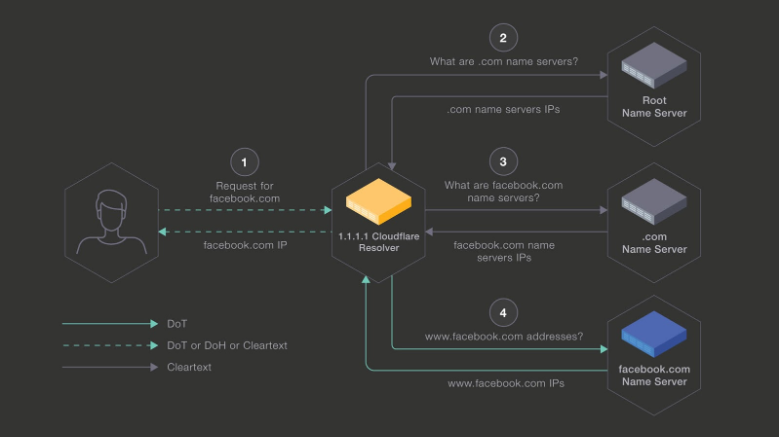
Over the past few months, we have been running a pilot with Facebook to test the feasibility of securing the connection between 1.1.1.1 and Facebook’s authoritative name servers. Traditionally, the connection between a resolver and an authoritative name server is unencrypted i.e. over UDP.
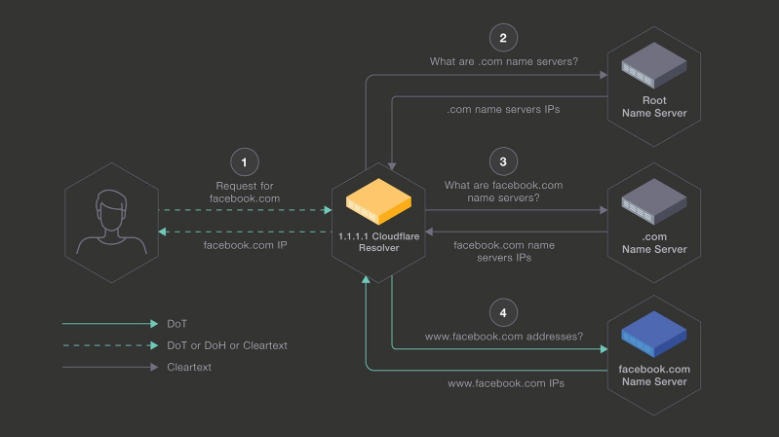
In this pilot we tested how an encrypted connection using TLS impacts the end-to-end latency between 1.1.1.1 and Facebook’s authoritative name servers. Even though the initial connection adds some latency, the overhead is amortized over many queries. The resulting DNS latency between 1.1.1.1 and Facebook’s authoritative name servers is on par with the average UDP connections.
To learn more about how the pilot went, and to see more detailed results, check out the complete breakdown over on Code, Facebook's Engineering blog.

Growing up, a family friend will run all the way from her house with a pot of soup hoping to find out something we had at home that could complement the soup she had. On days when my twin sister and I were also missing a part of a meal, she will also return the good deed. Though the distance was not a short one, the thoughts of having a complete meal urged us on.
This neighbor of mine currently studies in Ukraine and none of us has or late had any thoughts of running all the way from Ghana to Ukraine – that will be a new record for the longest run.
The world is currently undergoing a difficult transformation with a rapid migration of almost all manual process to digital and the effect is a massive one both in advantages and disadvantages.
Just like distance resulted in the gap with my friend who now studies many miles away, several reasons have also been identified to be the ones causing the widening digital gap.
Some of the common ones are:


Firewall Rules are one of the best security features we released this year and have been an overwhelming success. Customers have been using Firewall Rules to solve interesting security related use cases; for example, advanced hotlink protection, restricting access to embargoed content (e.g. productId=1234), locking down sensitive API endpoints, and more.
One of the biggest pieces of feedback from the Cloudflare community, Twitter, and via customer support, has been around the order in which rules are actioned. By default, Firewall Rules have a default precedence, based on the actions set on the rule:
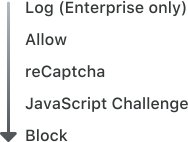
If two or more rules match a request, but have different actions, the above precedence will take effect. However, what happens if you've got a bad actor who needs to be blocked from your API, and you have other specific allow or challenge rules already created for their originating ASN or a perhaps one of your URLs? Once a Firewall Rule is matched, it will not continue processing other rule, unless you are using the Log action. Without a method of overriding the default precedence, you cannot easily achieve what's needed.
Today, we’re launching the ability for customers to change the ordering of their rules. Continue reading